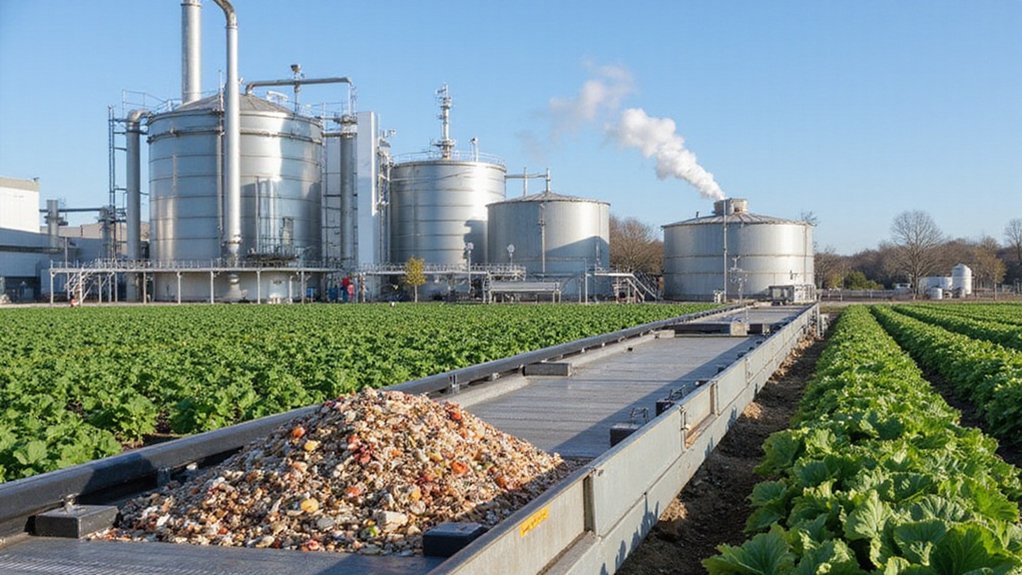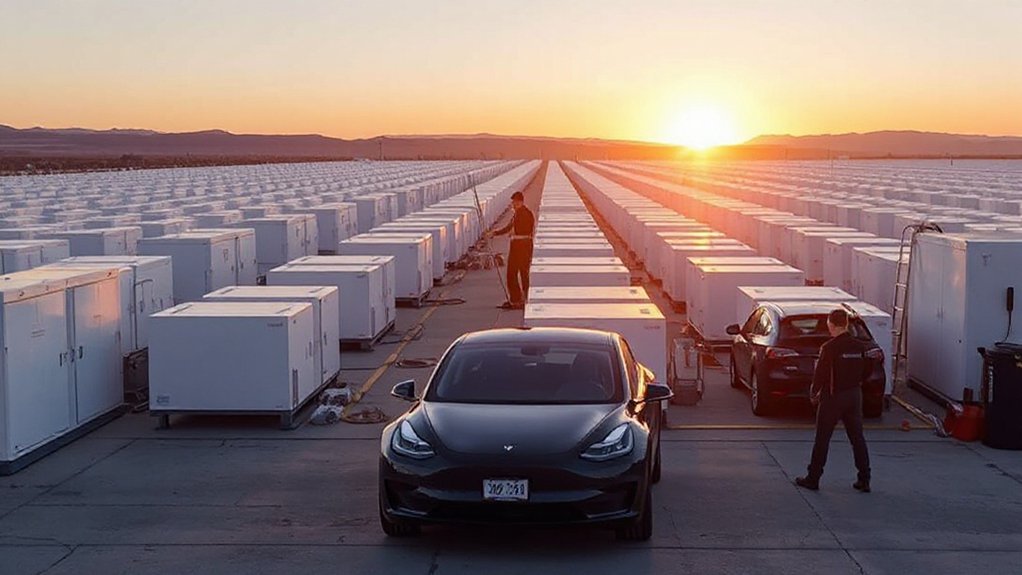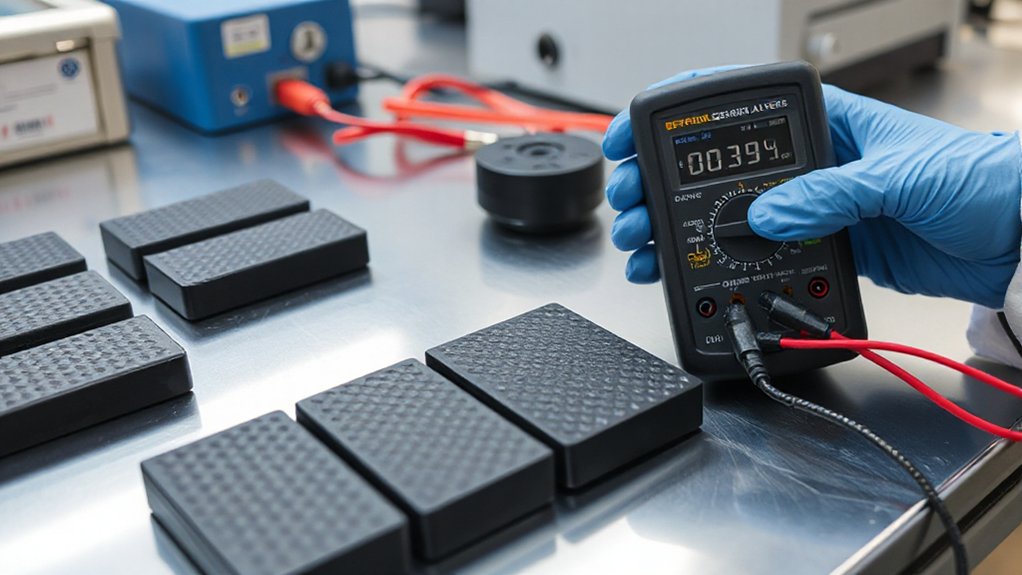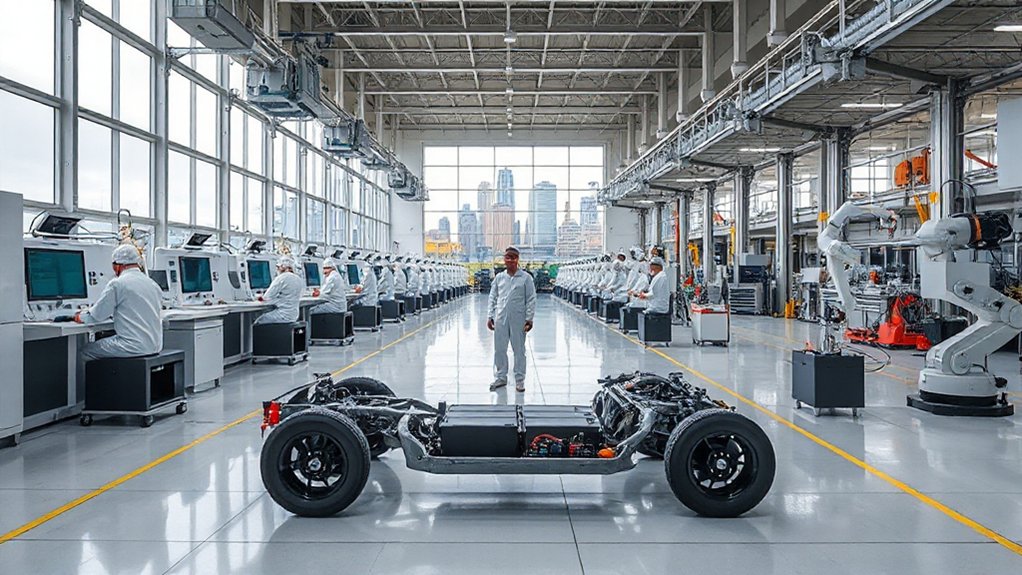When plastic bag bans started popping up across the U.S., skeptics rolled their eyes and muttered about government overreach. Turns out, the tree-huggers were onto something. Ocean Conservancy researchers just dropped some numbers that should make the naysayers squirm: plastic bags on American beaches dropped by 29% after states started banning them. That’s not a typo. Nearly a third fewer bags strangling our shorelines.
The data comes from 45,000 beach cleanups between 2016 and 2023. That’s a lot of volunteers picking up trash. Scientists compared beaches in ban states versus no-ban states, and the difference was stark. Areas with bag policies saw reductions between 25% and 47%. Places without policies? Nothing changed. Same old plastic soup. Scientists also found entangled animals decreased by 30 to 37% in areas with bag regulations.
Here’s where it gets dark. Plastic bags are the number one killer of sea turtles, whales, dolphins, and porpoises. They mistake them for jellyfish, gulp them down, and that’s it. Game over. The bags that don’t kill wildlife directly break down into microplastics, which is somehow worse. Recent studies link these tiny plastic particles to diabetes, heart disease, and strokes in humans. We’re literally eating our own trash through the food chain. This plastic crisis disproportionately impacts poor communities who suffer most from environmental damage while contributing least to the problem.
Both outright bans and bag fees worked. Doesn’t matter if politicians made stores charge a nickel or banned bags entirely — beach litter dropped either way. The research, published in Science and other peer-reviewed journals, compared regions with and without policies to isolate the effect. No wiggle room for doubters here. However, partial bans had the weakest impact, suggesting half-measures don’t cut it when it comes to protecting our coasts.
California, New York, and other states proved something important: simple policies can create real environmental change. These aren’t feel-good measures that accomplish nothing. They’re keeping plastic out of turtle stomachs and microplastics out of human arteries.
The evidence is clear enough to influence international plastics treaties. Policymakers worldwide are watching these results, wondering if they should follow suit. Meanwhile, marine life gets a breather, and maybe humans do too. Who knew that banning a piece of petroleum-based convenience could actually work? Apparently, everyone except the skeptics.
References
- https://www.science.org/doi/10.1126/science.adp9274
- https://grist.org/science/plastic-bag-ban-beach-cleanups-ocean-conservancy-study/
- https://oceanconservancy.org/news/news-new-analysis-shows-plastic-bag-bans-help-prevent-plastic-pollution/
- https://www.udel.edu/udaily/2025/june/plastic-bag-bans-fees-shoreline-pollution-cleanup-beach-lake-river-policy/
- https://www.popsci.com/environment/plastic-bag-bans-working/









